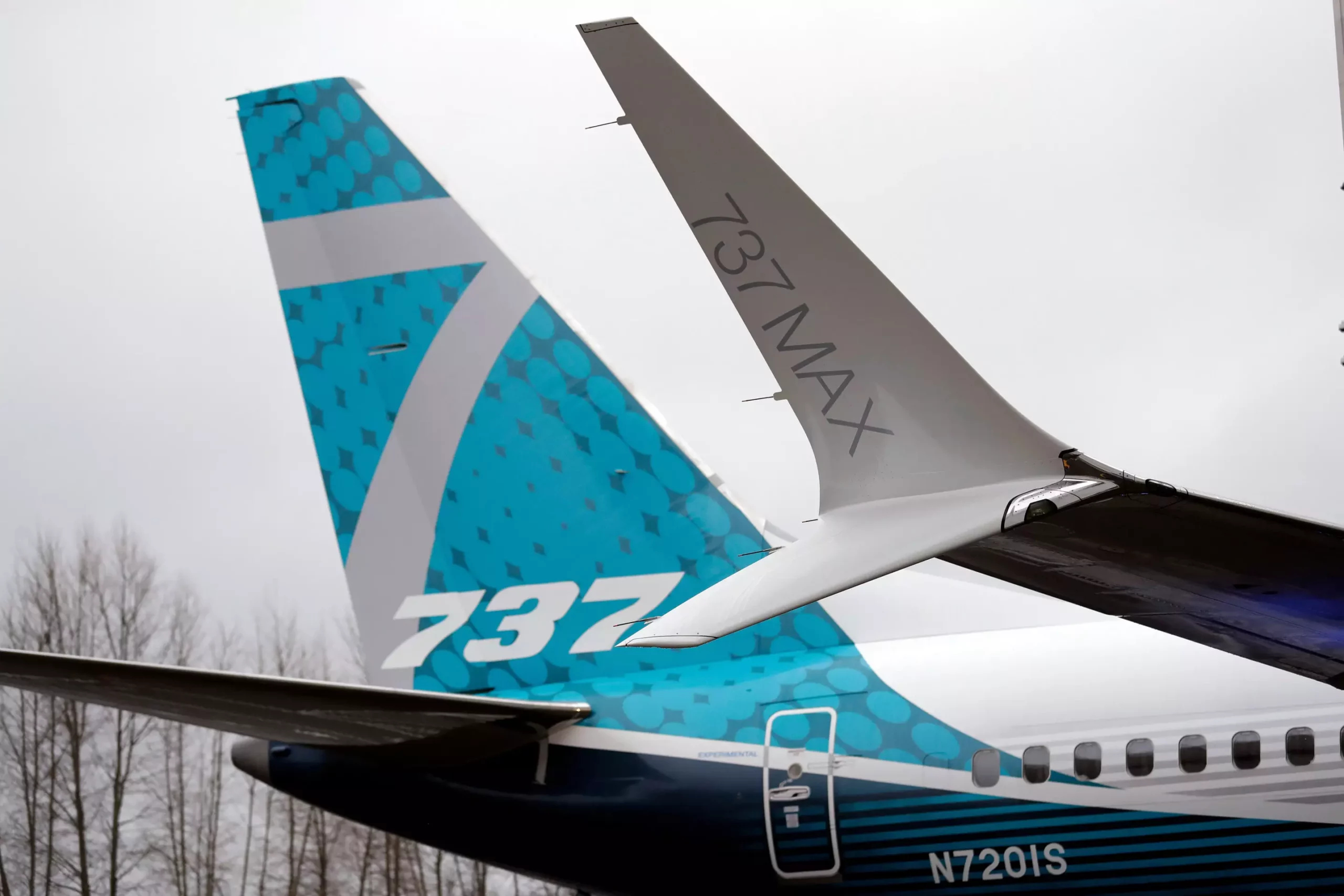Boeing, along with the Federal Aviation Administration (FAA), has recently requested airlines to conduct inspections on its 737 Max jets due to a potential loose bolt in the rudder control system. The FAA has assured that it will closely monitor these inspections, emphasizing the importance of identifying and resolving any potential safety concerns. This call for inspections came after an international carrier discovered a bolt with a missing nut during routine maintenance. In a separate case, Boeing also found an undelivered aircraft that had a nut improperly tightened. Both incidents have been addressed, but in an abundance of caution, Boeing is recommending all operators to inspect their 737 Max airplanes and report any findings to enhance safety measures.
Boeing has made it clear that it will continue to keep customers and federal regulators informed about the progress of these inspections. The FAA has established close contact with Boeing and impacted airlines, ensuring that inspections are conducted thoroughly. The agency also expressed its willingness to take additional actions if any further loose or missing hardware is discovered. This collaborative effort between Boeing and the FAA demonstrates a commitment to maintaining the highest safety standards in the aviation industry.
According to Boeing, there have been no in-flight incidents caused by this condition thus far. The company highlights the importance of crews’ routine checks, which would signal if the rudder is not functioning properly before the aircraft even begins to push back from the gate. This assurance should provide passengers with peace of mind, knowing that rigorous safety measures are in place to prevent any potential issues during flight.
Boeing has implemented a mandatory inspection for all aircraft before they are delivered. This inspection process, estimated to take approximately two hours per plane, aims to further enhance safety prior to their integration into the fleets of various airlines. Notably, major U.S. carriers such as United Airlines, Southwest Airlines, American Airlines, and Alaska Airlines have reassured the public that they do not anticipate any significant operational impacts resulting from these inspections. In fact, carriers like Southwest Airlines have already been performing these inspections diligently during routine overnight maintenance.
While a firm timeline for completing the inspections was not provided for each airline, Alaska Airlines stated that it expects to finish the process by the first half of January. This suggests that the airlines are taking the issue seriously and working diligently to ensure the safety of their aircraft and passengers. It is essential to recognize that safety is of paramount importance, and any delays caused by these inspections are necessary for the overall well-being of the aviation industry.
These inspections come after a 20-month grounding of Boeing’s 737 Max jets following two deadly crashes in 2018 and 2019. These accidents resulted in the loss of 346 lives and shed light on an automated flight-control system that pushed the nose of the plane down due to faulty sensor readings. Both Boeing and the FAA faced criticism for their handling of these incidents, leading to a reassessment of certification processes and safety disclosures. The FAA has implemented a more detailed certification process for large planes, aiming to prevent similar tragedies in the future.
Boeing’s call for airlines to inspect their 737 Max jets for loose bolts in the rudder control system is a proactive step towards ensuring the safety and well-being of passengers. Through constant communication, rigorous inspections, and improved safety measures, both Boeing and the FAA are working together to prevent potential issues and maintain the highest safety standards. While past incidents have highlighted areas for improvement, it is reassuring to see the aviation industry taking decisive actions to prioritize safety. Passengers can have confidence that their well-being remains the top priority for both manufacturers and regulators alike.


Leave a Reply